A number of big developments in the renewable space, both at EU level and closer to home, are planned for 2021.
The European Commission is expected to reveal the details of the Revised Renewable Energy Directive (RED lll) on 14 July. The revision falls under the Fit for 55 package and is expected to see the EU’s 2030 renewables target increased from 32% to at least 38% in final energy consumption.
The aim of the Fit for 55 package is to revise various energy and emission policies to better align with the EU’s new goal of reducing greenhouse gas (GHG) emissions by 55% by 2030, compared with 1990 levels.
Achieving this target essentially means doubling the share of renewables in the bloc’s energy mix (which currently accounts for around 20%).
Closer to home, the Micro-Generation Support Scheme is expected to be launched later this summer and will allow farmers, home owners and businesses to be paid for the excess renewable electricity they produce from solar, wind, biogas/biomass and hydro systems.
This will fundamentally change the way renewables fits into Irish farms.
This week, we chat to head of business development with ifac's Noreen Lacey about the key considerations of solar PV systems on farms, along with dairy farmer Matt Allen, who recently installed solar panels to help reduce costs.
Details of the impending renewable energy obligation scheme for the heat sector have yet to emerge, but it is expected to pave the way for the development of an anaerobic digestion (AD) industry.
This week, we also heard Minister for the Environment, Climate and Communications Eamon Ryan acknowledge the role of farm AD to help decarbonise our heat sector.
However, there is a growing case for the development of micro-scale AD to satisfy individual farms energy needs. We also chat to Sligo IT researcher Sean O’Conner about his research into small-scale AD plants.



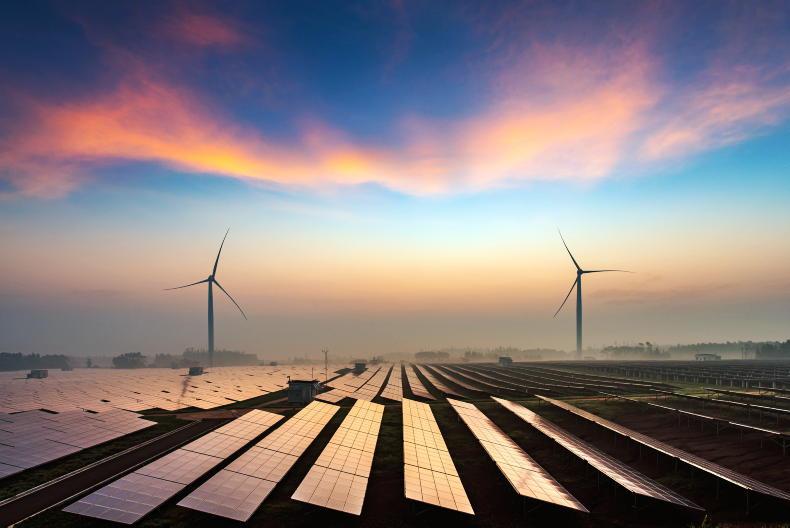

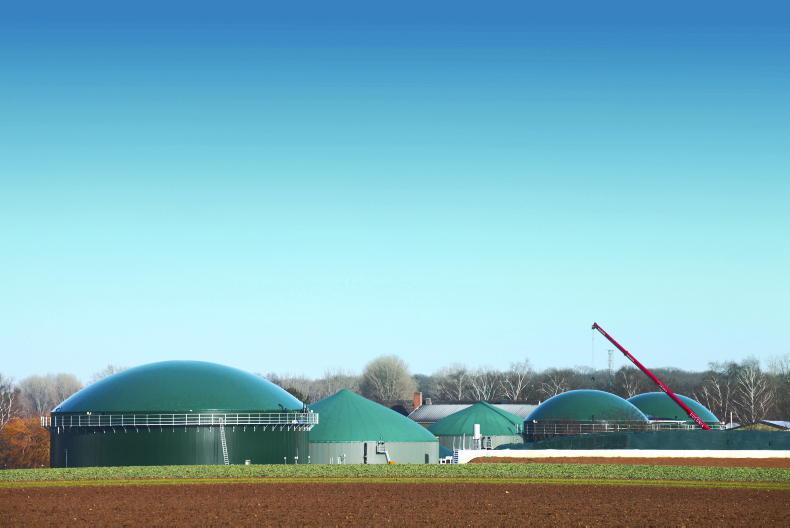

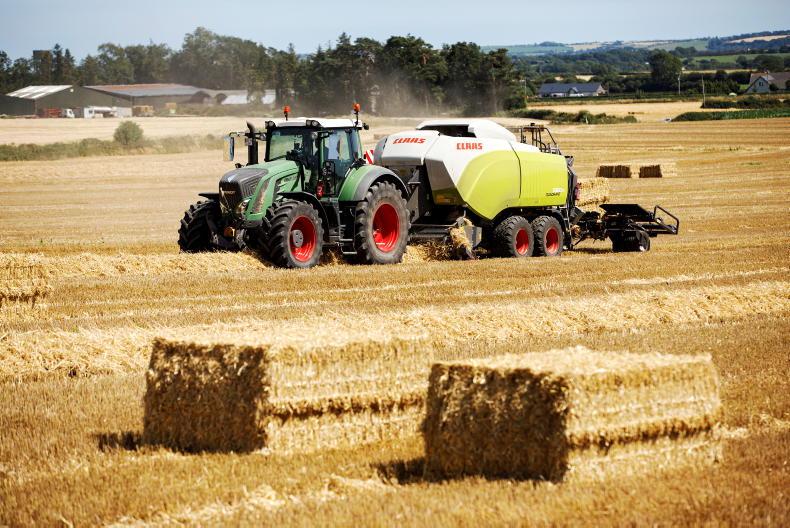
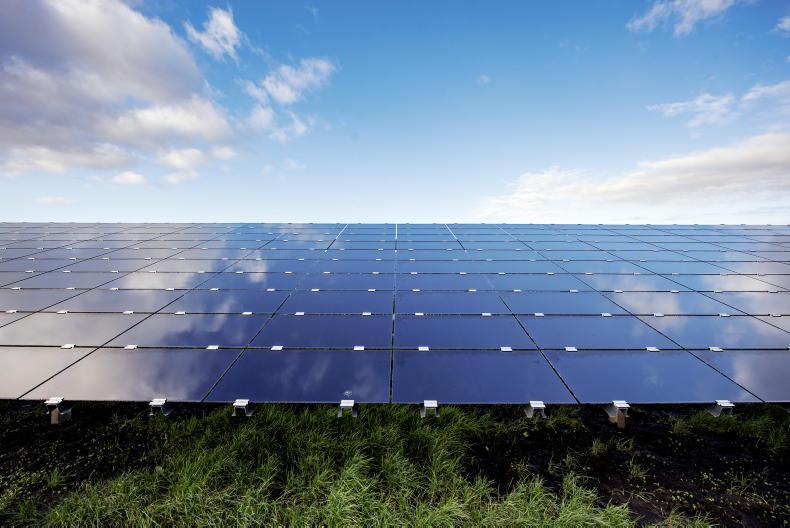
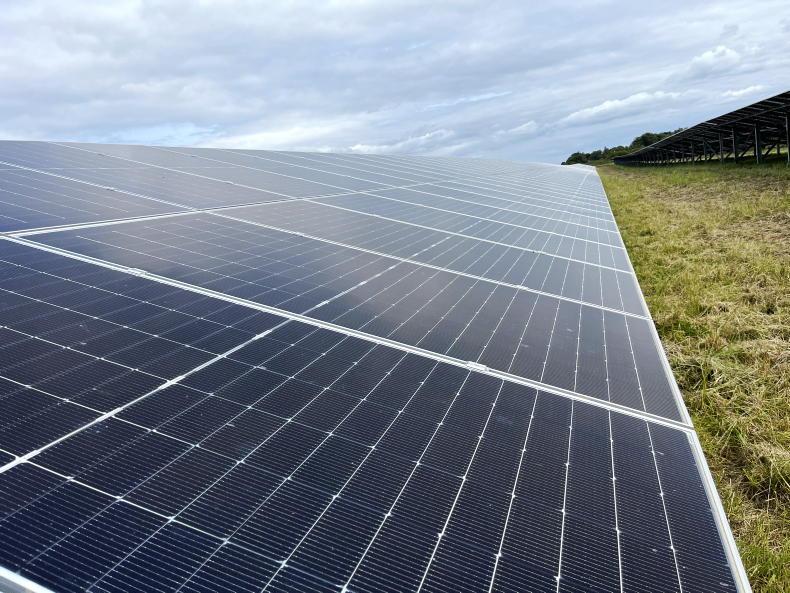
SHARING OPTIONS